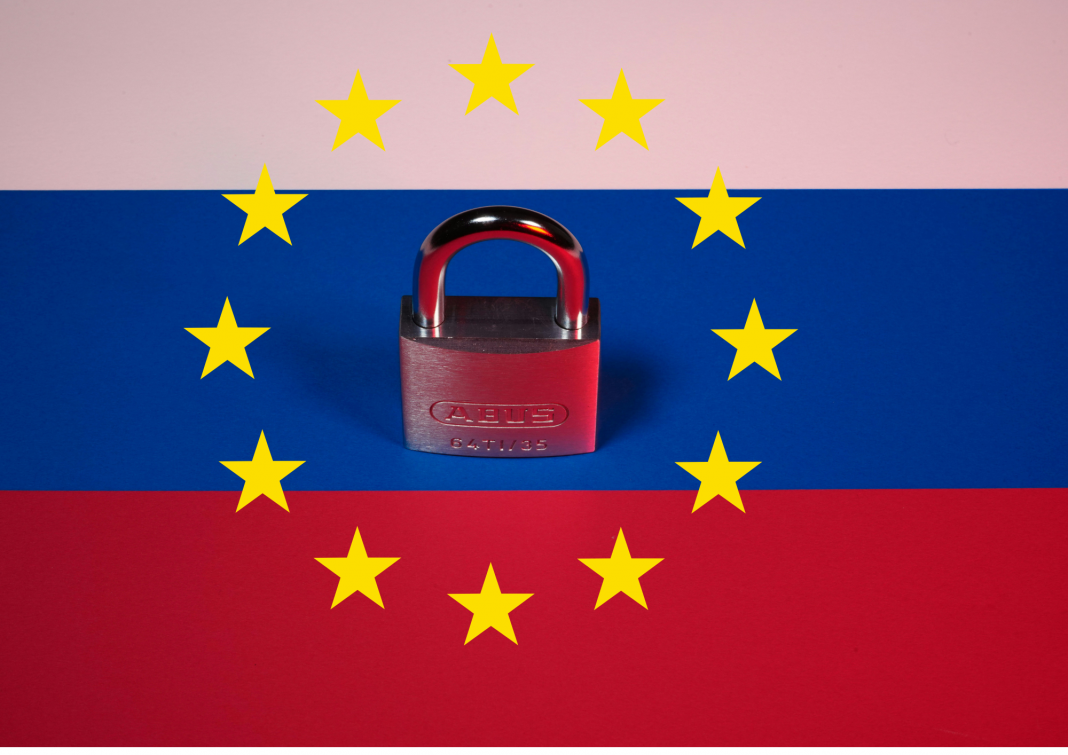The EU sanctions regime against Russia is threatened by a Hungarian veto. The Anti-Coercion Instrument would allow the EU to bypass Budapest. On May 20th, the EU approved its 17th sanctions package against Russia. Crucially, on this occasion Hungary and its pro-Russian prime minister Viktor Orbán did not threaten a veto, as the package “mainly concerned legal entities that were not problematic for them.” Passage of previous sanctions packages has not always been so easy. While Orbán has never exercised his veto on sanctions against Russia, he and his ideological kinsman, Slovakia’s prime minister Robert Fico, have been able to obtain concessions that weaken the overall impact of sanctions. Many sanctions, such as asset freezes and visa bans, need to be extended by a fresh vote in the Council every six months: this generates a constant threat that a small minority can upend EU sanctions by blocking their renewal. With sanctions next needing to be renewed in July, there will be fresh pressure from Budapest and Bratislava, and very likely demands for more concessions.
Author: Aslak Berg, Research fellow – Centre for European Reform.
This article is available on the Centre for European Reform.



